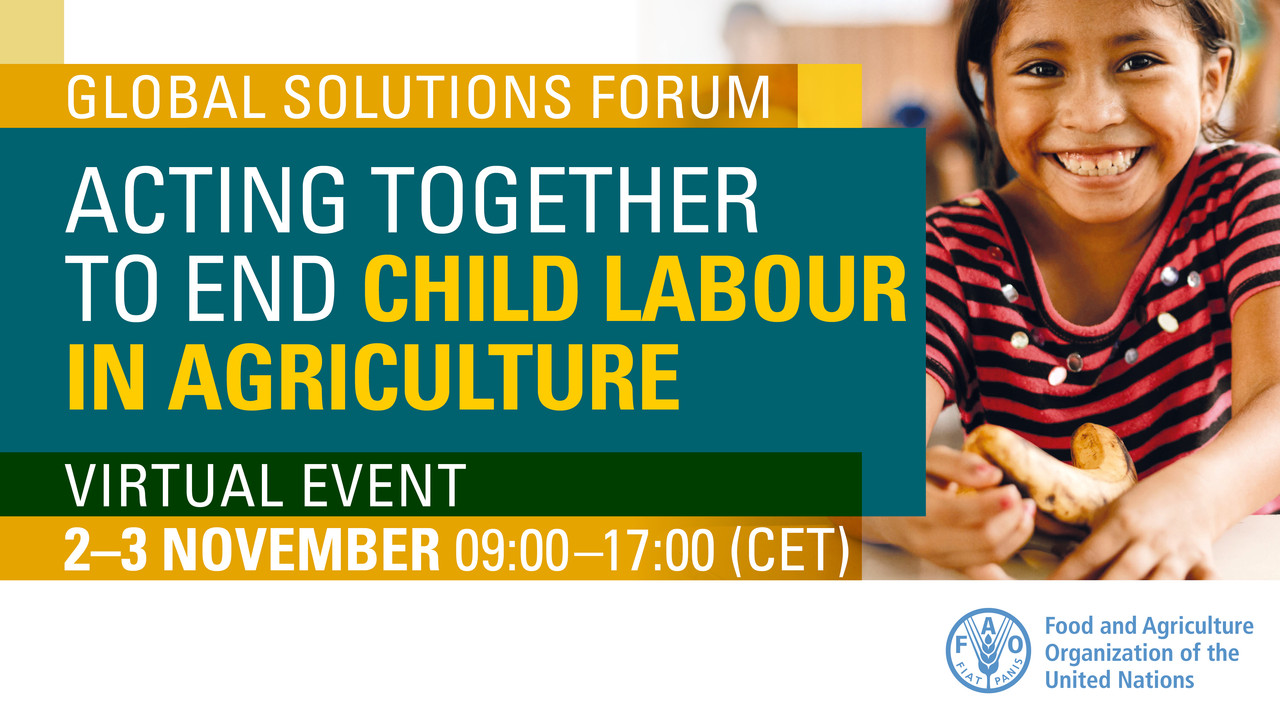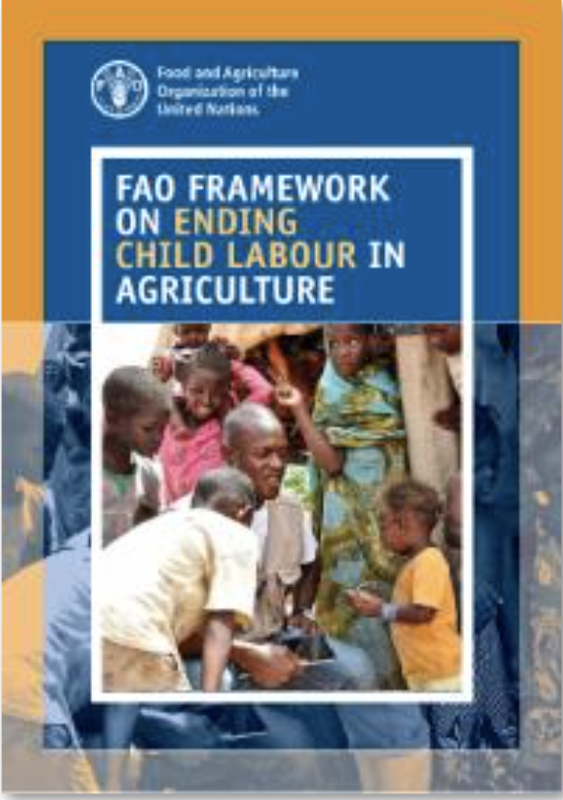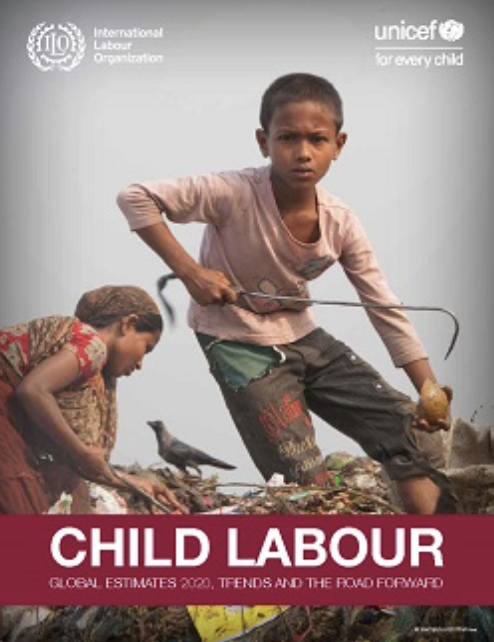Regional Workshop on the Elimination of Child Labour in Agriculture: "Making Latin America and the Caribbean the first continent free of child labour"
Hybrid Event, 29/09/2021

Live
Video FAO
Background
On 10 June 2021, ILO and UNICEF released the 2020 Child Labour Global Estimates. With four years left before the 2025 deadline for achieving SDG target 8.7, numbers are alarming. In early 2020, 112 million child labourers were found in agriculture, marking an increase of 4 million since 2016 (the first increase in two decades). In relative terms, the agricultural sector is still accounting for more than 70% of all child labour. In addition, a new analysis suggests that a further 8.9 million children will be in child labour globally by the end of 2022 because of rising poverty driven by the COVID-19 pandemic.
Despite progress in Latin America and the Caribbean (LARC), 6% of all children in the region (8.2 million) are still found in child labour. Almost half of these are in agriculture, underlining the urgent need for a breakthrough in the sector. Against this background, upscaling FAO’s efforts in the region could potentially make Latin America and the Caribbean the first continent free from child labour, getting as close as possible to the 2025 deadline posed by SDG target 8.7.
To that aim, and following the pledge made by our DG on the launch of the International Year, FAO is realizing a regional-driven observance of the International Year, which will include a FAO regional workshop for Latin America and the Caribbean, on 15 September 2021.
Objectives
The FAO LARC regional workshop aims at giving voice to and discussing game-changing solutions of regional actors, contributing to the international community’s efforts to address child labour. Each speaker will present a recommendation on what concrete actions to prioritize to enable agricultural actors to upscale child labour elimination in agriculture in the region or in their own country. The recommendations will be compiled in the outcome document, which will contribute to the Global Solutions Forum on Eliminating Child Labour in Agriculture, organized by FAO on 2-3 November. These efforts will inform the design of specific child labour large-scale programmes and projects at country-level focusing on the different sub-sectors of agriculture and food systems at large.
In line with the regional priorities identified in October 2020 by the FAO Regional Conference for Latin America and the Caribbean, the workshop’s exchange will support the formulation of a series of concrete recommendations for the region, focused on:
I. What is needed to enable the contribution of agricultural actors to end child labour?
II. In the short term, what immediate actions shall agricultural actors prioritize to address the root causes of child labour in agriculture (rural poverty, food insecurity, barriers to decent youth employment, vulnerability to economic and climate-related shocks, lack of social protection and barriers to free quality education)?
III. In the medium-long term, what actions can agricultural actors take to make sustainable and resilient agri-food systems a driver to end child labour in the region?
Contact
FAO COMMUNICATIONSRicardo Rivera[email protected]FAO Regional Office for Latin America and the Caribbean
Av. Dag Hammarskjöld #3241, Vitacura, Santiago de Chile




